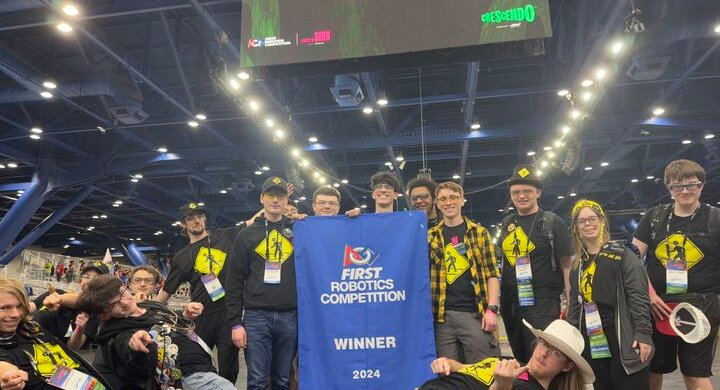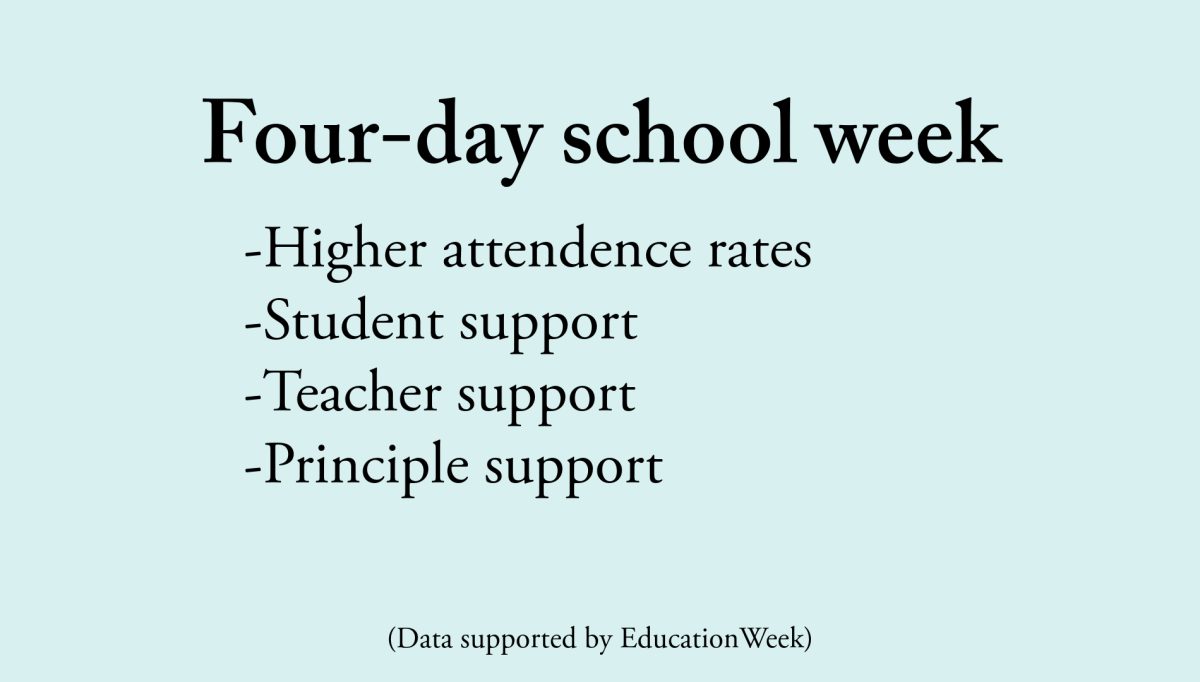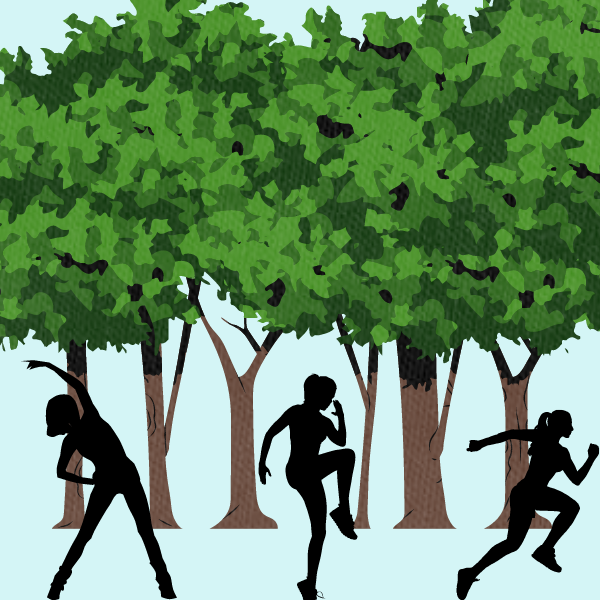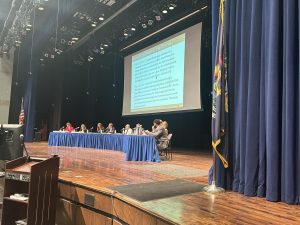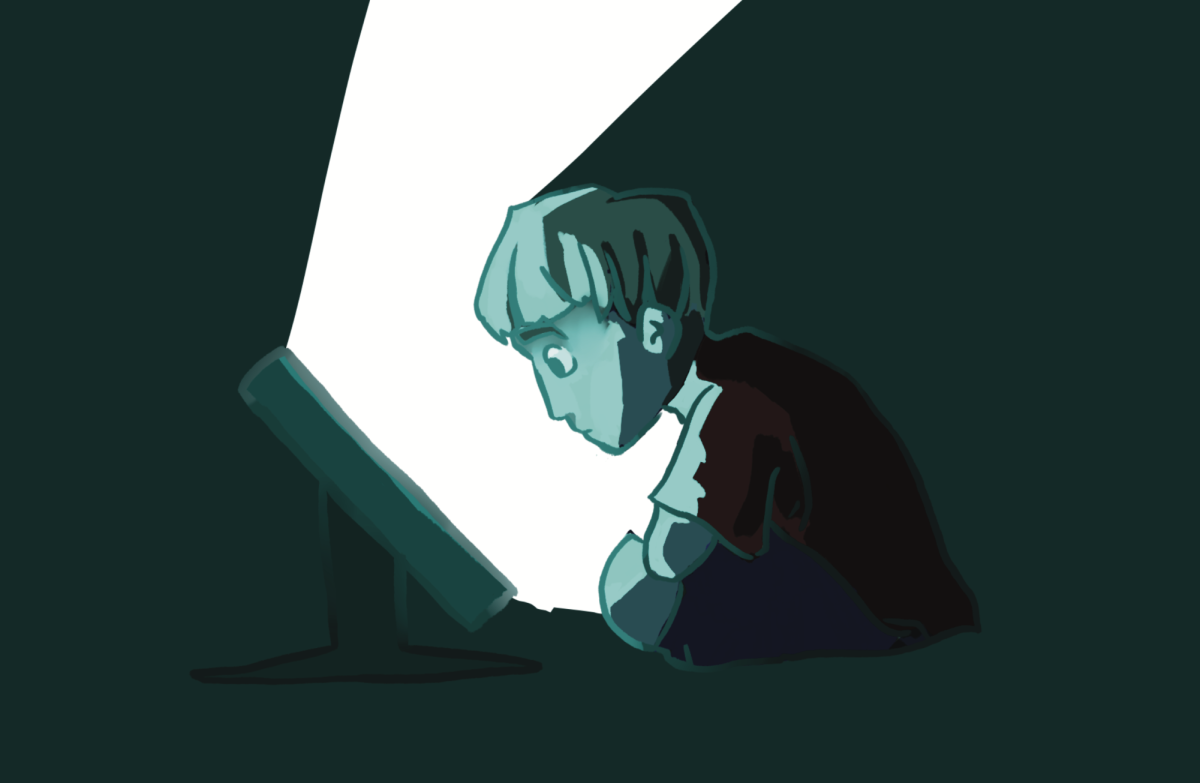The light from an ipad illuminates the smooth skin of a young face. Each swipe pulls them deeper into endless adventures of digital advancements. The vibrant colors, rapid responses, sharp sounds and clear graphics intrigue the minds of adolescents.
Walking into a room and the first thing you see is a young child with their head down and their eyes locked onto a screen. You immediately assume they’re constantly playing games and not interacting with those around them. Is this true? Six year old Will Wiegand disagrees with this. A lot of the time he is on his ipad, he said, is spent learning.
“I like to watch shows and play games where I learn about dinosaurs,” Will Wiegand said.
Will’s mom, Heather Wiegand, agrees. Her three older children were not exposed to technology at as young of an age as Will is; however, she feels there are some pros that come along with the increase in access to technology with younger children.
“Will developed a keen interest in dinosaurs from a couple different shows and he has retained and shared a lot of what he learns with others,” Heather Wiegand said. “Additionally, many of the programs he watches expose him to a vast amount of concepts, places, cultures, time periods and experiences that we aren’t always able to give him.”
Although this is the case for Will, this may not be the case for every child. You can’t completely eliminate accessibility. A lot of what kids are able to access on the internet depends on their parents, and how they choose to regulate what they’re able to do.
“Other than trying to monitor it as best as I can, put some safeguards in place and keep him off social media as long as I can, I don’t think there is a simple way to stop the exposure,” Heather Wiegand said.
Jack Wiegand ’24, Will’s older brother by 11 years, got his first piece of technology in second grade. This differs greatly from Will, who got his ipad in preschool. Jack is aware of this drastic difference and does his best to make sure this new normal doesn’t have a negative impact on his younger brother.
“I definitely think technology and the internet has kind of taken over some kids to the point where they just rather be inside on their iPad or watching TV. This is different from my childhood where I did a lot of stuff outside,” Jack Wiegand said. “I play with my brother often and I feel like this really helps him not feel as attached to the screen as some are.”
According to Ellen Miller, a licensed marriage and family therapist and founder of Pointe Therapy, the way people, from early childhood to adulthood, develop, navigate and perceive the world has been significantly altered due to the decline in children engaging in outdoor activities.
“They’re connecting with a screen and an object rather than connecting with a person,” Miller said. “A part of it robs us of those parts of childhood and adolescence that we need to go through to be able to handle the next stages as they come.”
Being able to interact with people face to face plays a huge role in the lives of growing minds. Heather Wiegand said that having a household full of active children inspires Will and gives him an urge to learn.
“To be honest, simply having older siblings around him has been a bigger factor in exposing him to more mature content than simply having access to the internet,” Heather Wiegand said.
The family dynamic is really the most important factor in protecting young kids from (the cons of technology), Miller adds.
“It really does fall on the parents to manage it and to be the ones that are responsible for setting the boundaries, creating a family narrative,” Miller said. “It’s not going anywhere. And right now, it’s not slowing down. So rather than say, either you have it or you don’t, if it’s going to be here, let’s learn to relate to it in a safe and healthy way.”
Miller believes that the way we interact with technology will continue to improve through generations. As Millennials and Gen Z become more familiar with technology, and become parents, Miller hopes that they will be more aware of its impact.
“Because we know what it’s like to have tech and we know the pros and the cons, we can instill that in our children,” Miller said. “Making it easier to monitor their usage and be really mindful and cognizant of their relationship with technology.”
Although family dynamic and parenting style makes a drastic difference, we can’t ignore the fact that the cons of technology are advancing every day. Miller adds that it’s changing how our bodies are operating from the way our brains are processing what they’re seeing on screens.
“With the flashing lights and overstimulating impact, they’re seeing a lot more content quicker and more sensibly than they would otherwise and that can cause a flood of emotions,” Miller said. “When you put an iPad in front of a child, their brains are not equipped to put the parameters and boundaries around their use.”
Miller explains how because the access to technology and exposure to things is much more rapid and more accessible than it has ever been, it is fast forwarding through stages of development.
“We’re missing some of the key turning points and development because we’re speeding through things at a faster pace than maybe we should be,” Miller said. “But if we rush through things without taking the necessary time to learn the things we need to learn, we’re not going to be equipped to handle the things as we need to.”
This loss of developmental stages includes identity development.
“You’re still trying to learn yourself, but you’re looking at TikTok and seeing all these other people telling you what you should and shouldn’t be doing,” Miller said. “You are sort of robbed of the opportunity to stay true to your own voice of what you need.”
Having a childhood where you’re able to explore and learn who you want to be and what you like to do is crucial.
“The prefrontal cortex is the part of our brain that’s in charge of logic and reasoning, and is not fully developed until we’re in our mid 20s. So, when we give something to a six, seven, eight year old, a preteen or a child, their brains are firing quickly,” Miller said. “They’re meant to learn, they’re meant to absorb, they’re meant to take in new experiences. And that partner with the stimulation of technology is like a runaway train.”
Despite the numerous benefits that come along with technology, it is nearly impossible to eliminate the negative effects that accompany it. Nevertheless, there are strategies available to limit and control the drawbacks in children as they are still developing.
“I think you just have to have continuous conversations about what the expectations are, how to be responsible on the internet and parents have to be ready to talk with their children if they do get exposed to something,” Heather Wiegand said. “Unfortunately, we live in an age where children are going to be exposed to more mature content sooner than in the past.”



